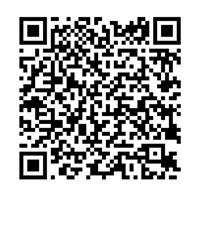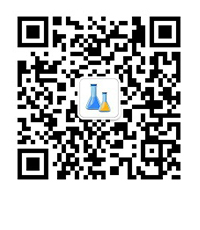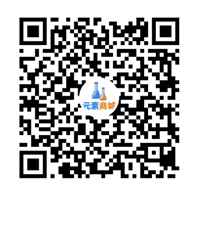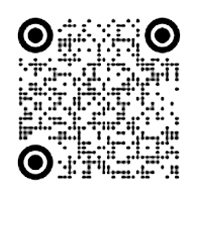Search Product
Structure Search
Search
Advantage Products
Location: Thematic focus
Performance and application of reducing agent dithiothreitol (DTT)
Dithiothreitol (DTT), white powder appearance, CAS number: 3483-12-3, is a small molecule organic reducing agent, widely used in cell biology, biochemistry and biomedical applications field.
Dithiothreitol (DTT) is a strong reductant, and its reducibility is largely due to the conformational stability of six membered ring (containing disulfide bond) in its oxidation state. The reduction of a typical disulfide bond by dithiothreitol consists of two consecutive thiol-disulfide exchange reactions. The reducing power of dithiothreitol (DTT) is affected by the pH value, and it can only exert a reducing effect when the pH value is greater than 7. This is because only deprotonated thiolate anions are reactive, but thiols are not, and the pKa of the mercapto group is generally 8.3.
Dithiothreitol (DTT) is commonly used to reduce the disulfide bond of protein molecules and polypeptides. It is usually used as a protein mercapto protector to prevent the formation of intramolecular and intermolecular disulfide bond of protein cysteine residues in vaccine preparations. In the process of nucleic acid detection, DTT can destroy the disulfide bond in RNase protein and denature RNase, which is helpful for the experiment of RNA library building and RNA amplification. Dithiothreitol (DTT) is also used as an antidote to protect cells and tissues, radiation protection agent and so on.
However, DTT is often unable to reduce the disulfide bonds embedded in the protein structure (not accessible to solvents), and the reduction of such disulfide bonds often needs to denature the protein first.
It is worth noting that dithiothreitol (DTT) is a toxic substance. For example, in the presence of transition metals, dithiothreitol (DTT) can cause oxidative damage to biological molecules, while dithiothreitol (DTT) ) can also strengthen the toxicity of some compounds containing arsenic and mercury.
DTT has a pungent odor, which may be hazardous to health if inhaled or in contact with the skin. Therefore, it is necessary to protect the operator by wearing masks, gloves and goggles, and operating in a fume hood.












